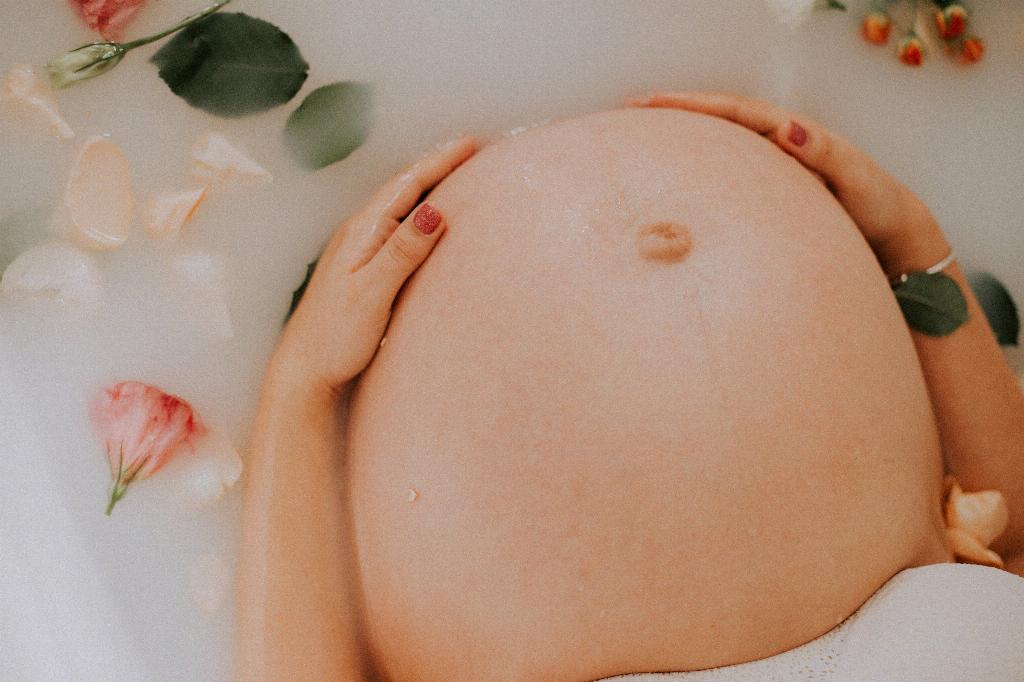Leg cramps are a common discomfort experienced by many pregnant women, particularly during the second and third trimesters. These painful muscle contractions often occur in the calves or feet, and can disrupt your sleep and daily activities.
Possible Causes of Leg Cramps
The exact cause of leg cramps during pregnancy is not definitively known, but there are several factors that may contribute to their occurrence. These may include hormonal changes, increased weight and pressure on the legs, and changes in circulation.
Preventive Measures for Leg Cramps
While it may not be possible to completely eliminate leg cramps during pregnancy, there are steps you can take to reduce their frequency and intensity. Staying hydrated, maintaining a balanced diet rich in potassium and magnesium, and engaging in regular physical activity can help prevent cramps.
Home Remedies for Alleviating Leg Cramps
When faced with a leg cramp, there are several things you can do to alleviate the discomfort. Massaging the affected muscle, applying heat or cold packs, and gently stretching the cramped muscle can help provide relief.
Leg Exercises to Ease Cramps
Regular leg exercises, such as ankle circles, calf stretches, and gentle walking, can help prevent and alleviate leg cramps. These exercises can improve circulation, strengthen the muscles, and reduce the likelihood of cramps.
Optimal Sleeping Positions
Choosing the right sleeping position can also help prevent leg cramps during pregnancy. Sleeping on your left side with pillows placed between your legs can help improve circulation and reduce the risk of cramps.
Utilizing Supportive Footwear
Wearing supportive footwear with good arch support can help reduce the strain on your leg muscles and minimize the occurrence of leg cramps. Opt for comfortable shoes that provide adequate cushioning and stability.
When to Consult Your Healthcare Provider
If you experience frequent or severe leg cramps that do not improve with home remedies, it is important to consult your healthcare provider. They can evaluate your symptoms, recommend appropriate treatment, and rule out any underlying medical conditions.
Importance of Gentle Hydration
Staying properly hydrated is essential for preventing leg cramps during pregnancy. Aim to drink plenty of water throughout the day to keep your muscles hydrated and functioning optimally. Avoid excessive caffeine and sugary drinks that can dehydrate your body.
Implementing Dietary Supplements
Adding magnesium and potassium-rich foods to your diet or taking supplements under the guidance of your healthcare provider can help prevent leg cramps. Foods such as bananas, spinach, nuts, and whole grains are good sources of these essential minerals.
Effect of Warm Baths and Gentle Massage
Taking warm baths and gently massaging your legs before bedtime can help relax your muscles and reduce the likelihood of leg cramps. Use gentle, circular motions to massage the affected areas, focusing on relieving tension and improving circulation.
Practice Stress-Relief Techniques
Stress and tension can exacerbate muscle cramps, including leg cramps during pregnancy. Practice relaxation techniques such as deep breathing, meditation, or prenatal yoga to help manage stress levels and promote muscle relaxation.
Conclusion
While leg cramps during pregnancy can be uncomfortable and disruptive, implementing preventive measures and home remedies can help alleviate the discomfort. By staying hydrated, maintaining a balanced diet, engaging in regular physical activity, and seeking guidance from your healthcare provider, you can effectively manage and reduce the incidence of leg cramps.

